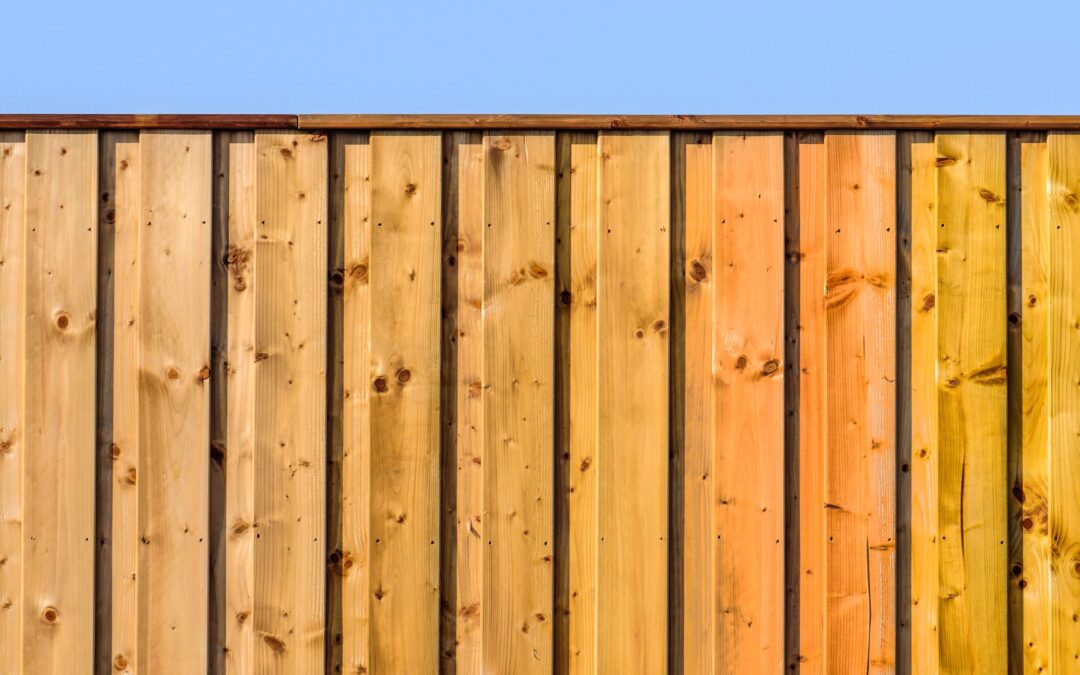Comprehensive Guide to Fence Types
When considering a fence for your property, understanding the various types available is essential. Each type of fence serves different purposes, from enhancing security to providing privacy and aesthetic appeal. Common options include wood, vinyl, chain link, and wrought iron, each with its unique benefits and characteristics.
For instance, wooden fences offer a classic look and can be customized in height and style, while vinyl fences are low-maintenance and resistant to fading. Chain link fences are a cost-effective solution for security without obstructing visibility, and wrought iron fences provide a durable and elegant option for boundary demarcation. Knowing these differences can help homeowners make informed decisions based on their specific needs.
Understanding Fence Installation Costs
One of the primary concerns for homeowners when installing a fence is the associated costs. Factors influencing the total price include the type of material chosen, the size of the area to be fenced, and the complexity of the installation process. It's crucial to budget for both materials and labor to ensure a realistic financial plan.
For example, while a wood fence might have a lower initial material cost, its long-term maintenance can add up. Conversely, vinyl fences may have a higher upfront cost but require minimal upkeep, making them a cost-effective choice over time. Homeowners should gather quotes from multiple contractors to compare prices and services offered before making a final decision.
Tips for Choosing the Right Fence for Your Property
Choosing the right fence involves considering several factors, including purpose, aesthetics, and local regulations. Homeowners should first determine the primary reason for installing a fence, whether it’s for privacy, security, or decorative purposes. This will guide the selection process and ensure the fence meets specific needs.
Additionally, it's important to consider the style of the home and the surrounding landscape. A modern home may look best with a sleek vinyl or metal fence, while a traditional home might benefit from a classic wooden design. Checking with local zoning laws and homeowners' associations can also help avoid potential issues with fence height and style restrictions.
Enhancing Property Value with Fencing
Investing in a quality fence can significantly enhance the value of your property. A well-installed and aesthetically pleasing fence not only improves curb appeal but also adds functional benefits that potential buyers look for, such as privacy and security. This makes fencing a worthwhile investment for homeowners looking to increase their property’s marketability.
In fact, studies show that homes with attractive fencing can sell for up to 10% more than similar properties without a fence. Furthermore, certain types of fences, like composite or high-quality wood, are particularly appealing to buyers and can provide a strong return on investment. Homeowners should consider their fencing options carefully to maximize both aesthetic and financial benefits.




